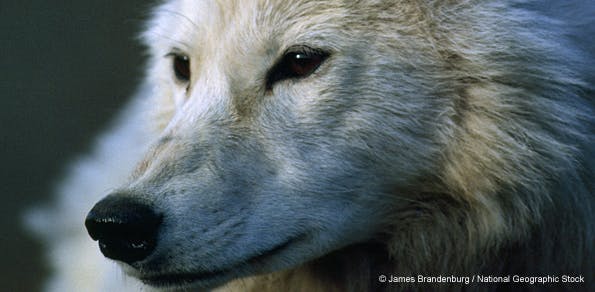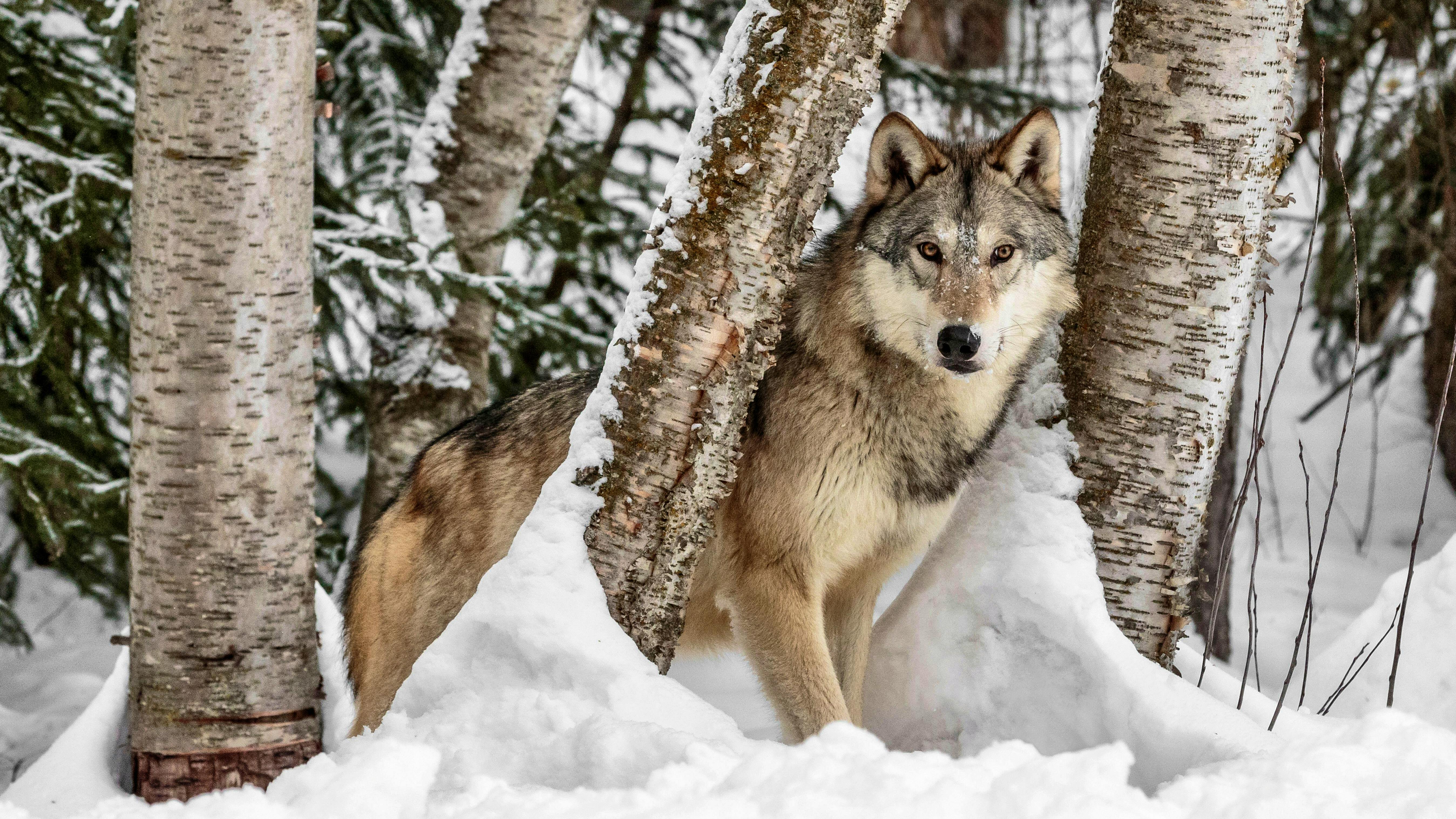OR7 on the move? – The current whereabouts of OR7 (aka, Journey) are unknown, though he is believed to still be roaming northern California in search of a mate. California Department of Fish and Game published a map of the lone wolf’s journey but is updating it infrequently to protect OR7 from poachers.
Unfortunately, California wildlife managers can’t protect OR7 (or any wolves, for that matter) from the whims of Hollywood, whose directors seem eternally hell-bent on portraying wolves as vicious man-eaters. In the latest incarnation of cinematic “lupophobia,” Liam Neeson and his team of marooned roughnecks must fend off a pack of snarling wolves in the frozen Alaskan backcountry.
In an LA Times story yesterday, Director Joe Carnahan says “The Grey” was actually intended to show the dangers of man’s intrusion into nature, not to sully public perception of wolves. Defenders’ California Director Kim Delfino was quoted, pointing out that the wolves in the movie do not reflect reality since they rarely ever attack humans. But at this critical juncture for wolves, reinforcing erroneous stereotypes of wild wolves as man-hunting demons only makes our job of protecting and restoring them more difficult. Defenders has already sent letters to the movie studios asking them to help educate moviegoers with the real facts about wolves. Check out our mythbusting fact sheet and help us spread the truth.
Montana considers extending wolf hunt – Since September, Montana hunters have killed at least 137 wolves, not including wolves killed by state and federal wildlife agents in response to livestock depredations. The hunting season has already been extended once by Montana’s Fish, Wildlife & Parks Commission. Now they’ve given initial approval for another extension that would allow hunters to kill wolves in the Bitterroot Valley until April 1, right before pregnant mothers begin denning and have pups.
In spite of a $100 bounty on wolves from the Sportsmen for Fish and Wildlife, only three wolves have been killed so far in the area, which has a quota of 18 wolves that can be legally harvested during the hunt. By repeatedly extending the wolf hunt, Montana wildlife managers appear to be using their quotas as population reduction targets rather than upper limits for management purposes. By proposing to extend the hunt just in the Bitterroots, they’re no longer targeting wolves that are harassing livestock in order to help ranchers but simply responding to hunters who complain that wolves are taking too many elk. However, elk herds in this area were declining for a multitude of reasons well before wolves returned. In fact, researchers have determined that the primary cause of decline was increased harvest of female elk by humans, specifically to reduce the population. Further, extending the hunt into peak breeding season could prevent dispersing wolves from replacing breeding wolves killed earlier in the year.
Overall, we’d like to see Montana taking a much more measured approach, especially while the impacts of statewide wolf hunting are still largely unknown. The FWP Commission is accepting comments through Feb. 13, and final adoption will be considered at the Feb. 16 meeting. More details here.
Suzanne on the radio – As promised, here’s the link to our wolf expert Suzanne Stone’s interview from last week on the Christopher Gabriel Program on AM 970 WDAY. She explains why the return of wolves to California is such a big deal, the role of wolves in the ecosystem, and the potential to restore wolves in other parts of the country. And if you just want to hear her howl, jump to the 21-minute mark!







Follow Defenders of Wildlife
facebook twitter instagram youtube tiktok threads